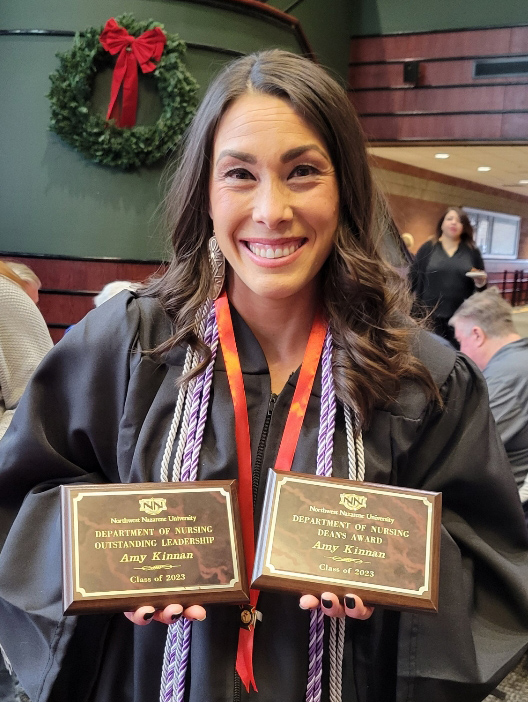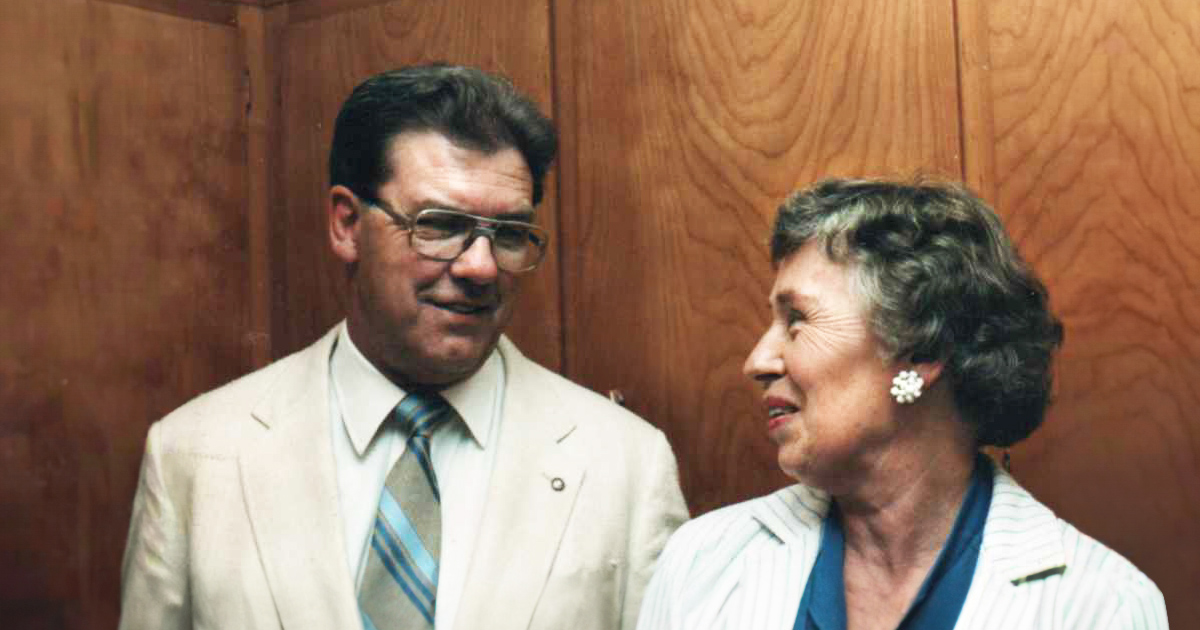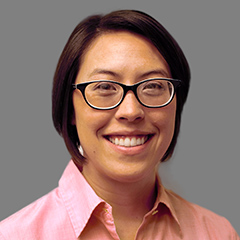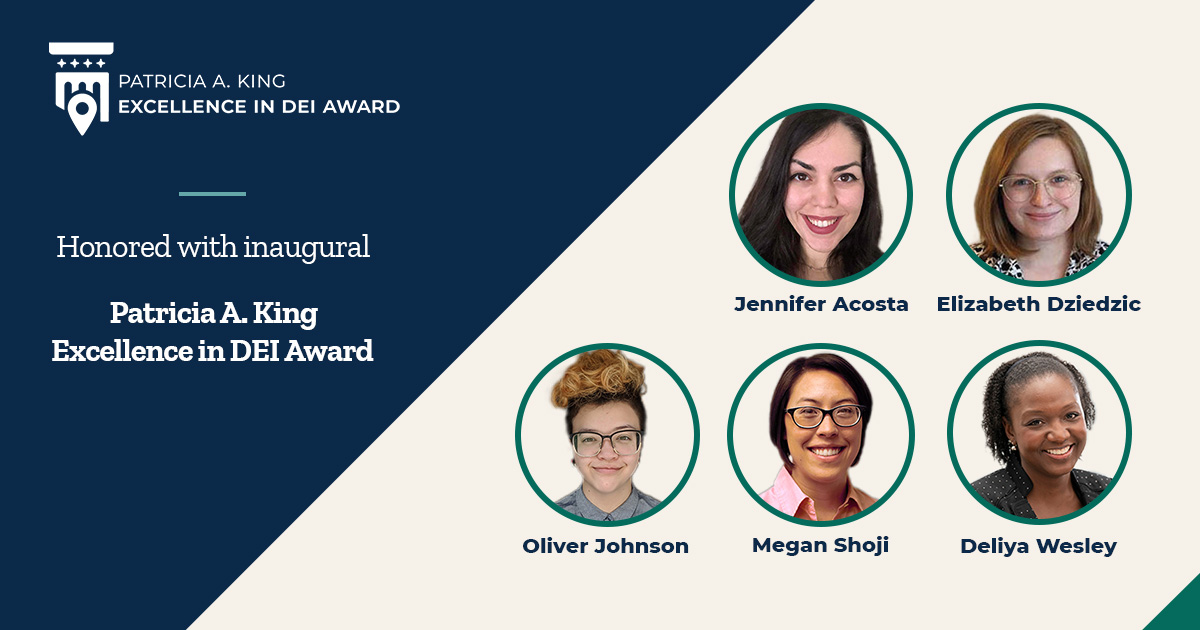The thing I love most about Mathematica is its people. Collaborating with passionate colleagues and clients serves as a constant reminder of my “why”—why I studied sociology and why I wanted to do research in the first place. I pursued this path so that I can contribute to making the world better by creating useful evidence that informs decisions and ultimately improves lives. Working alongside people that share this vision and commitment makes me feel connected and supported. A unified staff, sharing a common belief in our mission to improve public well-being, is the glue that holds us together.
I’ve heard so many different and deeply personal stories of how people came to the work we're doing, and why they want to make a difference. Each of us followed our own unique path to get here, and I love learning about where people’s passion and commitment comes from. I was reminded of my own story recently in reflecting on my grandparents’ lives at a recent memorial service.
“Children learn more from what you are than what you teach.”—W.E.B. DuBois
My grandmother was involved in a philanthropic organization that provided educational opportunities for women and my grandfather was an active Rotary Club member. My memories, and the stories my mother shares about them, paint a picture of two individuals who had a keen sense of responsibility to their communities and who were always looking for ways to support and strengthen them.
My parents embody these same core values. They are some of the most generous people I know. They have a strong sense of responsibility to humanity and a belief that we’re all part of one community and need to help each other. If someone needs financial help, they lend them money. If someone needs a place to stay, they open their home and welcome them in. My parents find a way to put human needs first, and they passed that sense of responsibility on to me and my siblings. It’s interesting to me that so many members of my family have taken that core value and applied it in their own way.

Megan’s sister, Amy Kinnan, at her nursing school graduation (Dec 2023).
My sister, for example, is service-oriented and has worked incredibly hard to be able to give back in a direct, individual way as a nurse. As a self-proclaimed nerd, I prefer reading, thinking about data, and engaging other perspectives to try to understand systems. Conducting meaningful research that can positively affect systems-level change is my way of trying to make the world a better place. I want social systems that provide all people with the opportunities they need and deserve to live happy, healthy, and fulfilling lives. This not only drives my research interests, but shapes how I engage with my colleagues and our clients and partners.
The big picture difference we’re trying to make—improving well-being for people through new policies and new programs—is no more important than the impact we make on each other in our everyday interactions. Conducting research and building evidence that informs action is a process that takes time, but it also means we choose to spend our time together, collaborating to do something we believe in. We work toward the same goal even when it’s tough, even if we might not see what we hope for come to fruition in our lifetime.
“We must accept finite disappointment, but never lose infinite hope.”—Martin Luther King, Jr.
Social problems are caused by complex, and often entrenched, systemic issues, and working on those issues requires careful thought and having various perspectives at the table. We also need flexibility, humility, and a willingness to work together through challenging moments. It can be hard to look at an issue like youth homelessness and spend hours on things like articulating a theory of change and deciding which outcomes to measure when we know that, at this very moment, there are young people without a safe place to spend the night. This is a common tension I experience in seeking change through building evidence. Research also involves making a lot of collaborative, meticulous decisions, and those at the table won’t always agree on the answer. It’s during these moments, when we’re working through tensions and challenges, that I really feel our connectedness to each other and to our common goal of enhancing the lives of our fellow humans. Sharing a belief in the importance of what we’re trying to achieve, while recognizing value in the detailed steps we’re taking to get there, helps us find our way through.
Our commitment to making a change in the world is what keeps me here at Mathematica. I'm grateful that every day I get to work with people inside and outside our company to do things we all believe will make a difference for others.
Megan is a recipient of the 2023 Patricia A. King Excellence in DEI Award. Named for longtime Mathematica board member Patricia (Pat) King, the award recognizes outstanding staff leadership and demonstrated commitment to advancing Mathematica’s vision for creating an equitable and just world and building an equitable and inclusive workplace.



